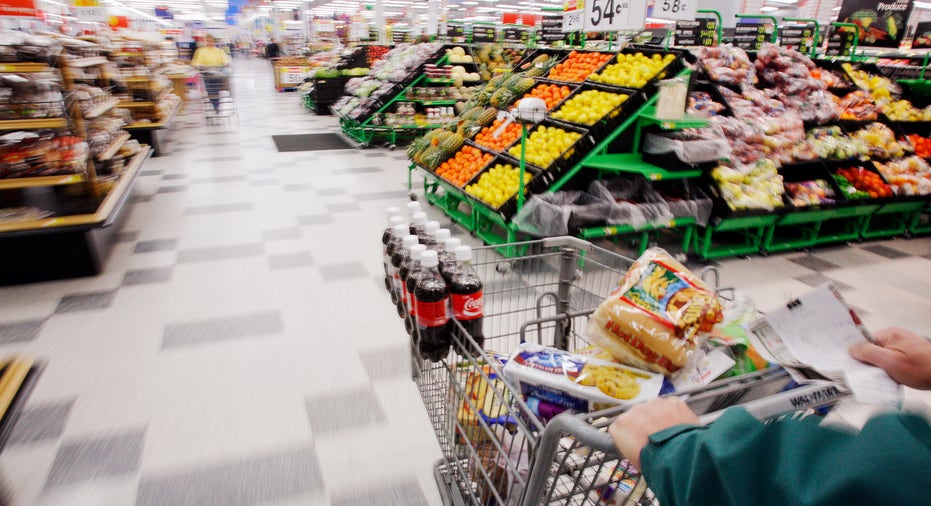World Food Prices Climb as Drought Hurts Crops

World food prices jumped 10 percent in July as drought parched crop lands in the United States and Eastern Europe, the World Bank said in a statement urging governments to shore up programs that protect their most vulnerable populations.
From June to July, corn and wheat prices rose by 25 percent each, soybean prices by 17 percent, and only rice prices went down, by 4 percent, the World Bank said.
Overall, the World Bank's Food Price Index, which tracks the price of internationally traded food commodities, was 6 percent higher than in July of last year, and 1 percent over the previous peak of February 2011.
"We cannot allow these historic price hikes to turn into a lifetime of perils as families take their children out of school and eat less nutritious food to compensate for the high prices," World Bank Group President Jim Yong Kim said. "Countries must strengthen their targeted programs to ease the pressure on the most vulnerable population, and implement the right policies."
"Africa and the Middle East are particularly vulnerable, but so are people in other countries where the prices of grains have gone up abruptly," Kim added
A severe drought in the United States has sharply cut corn and soybean yields this year, while a dry summer in Russia, Ukraine and Kazakhstan has hurt wheat output.
The World Bank said its experts do not foresee a repeat of 2008, when a food price spike triggered riots in some countries.
"However, negative factors -- such as exporters pursuing panic policies, a severe El Nino, disappointing Southern hemisphere crops, or strong increases in energy prices -- could cause significant further grain prices hikes such as those experienced four years ago," the bank said.
Separately, finance ministers from the 21-member Asia Pacific Economic Cooperation (APEC) group issued a statement at their meeting on Thursday in Moscow urging countries "to avoid export bans" in response to food price concerns.
APEC member Russia imposed a temporary embargo on grain exports two years ago after crops failed.
APEC leaders are expected to address food security concerns when they meet next week in Vladivostok.
"I think this is one of the areas where APEC member economies can really work together ... to ensure the inflationary results of drought do not impact the poorest and most disadvantaged people in the world," a U.S. State Department official told reporters on Wednesday.



















